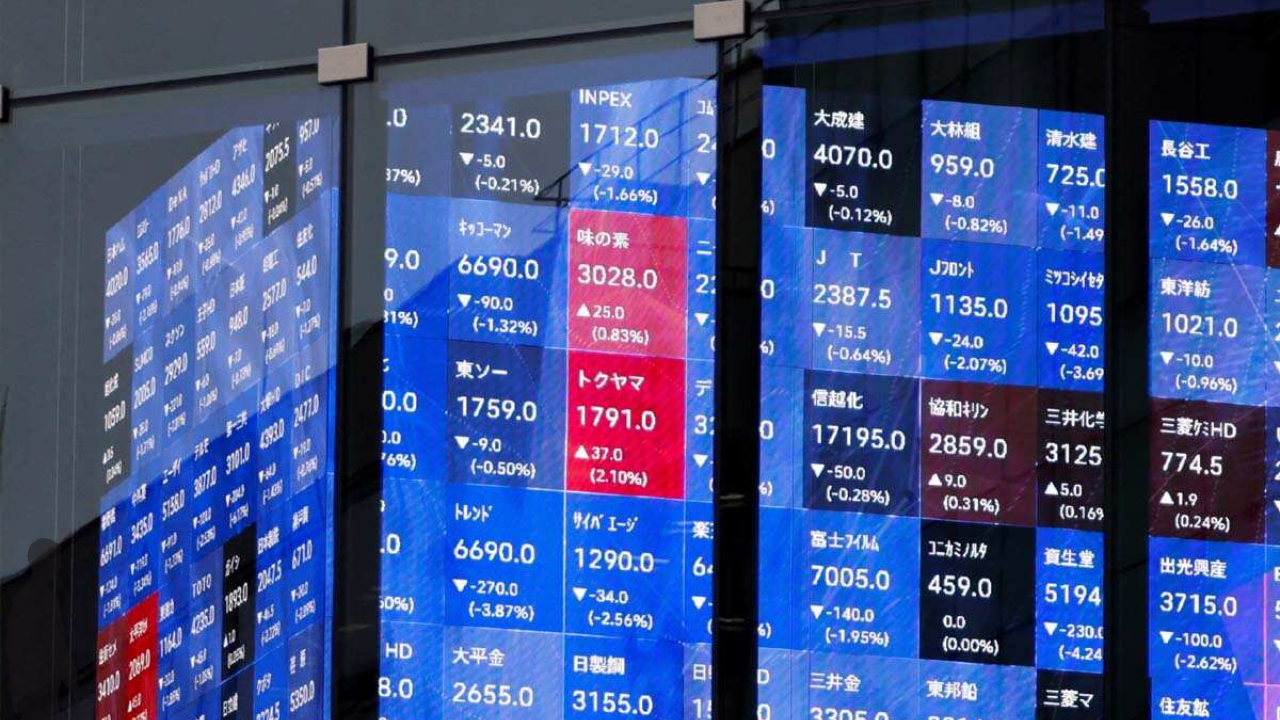
By: Payel
Published on: Mar 19, 2025
Introduction: Buffett’s Bet on Japan Pays Off
In a move that has sent shockwaves through the financial markets, Warren Buffett’s Berkshire Hathaway Inc. has increased its stake in Japan’s five largest trading houses, driving their share prices up by at least 4% on Tuesday, 18 March 2025. This strategic decision underscores Buffett’s confidence in the Japanese market and highlights the growing appeal of Japanese stocks to global investors. In this article, we delve into the details of Berkshire’s latest investment, the performance of Japanese trading houses, and the broader implications for the global economy.
Key Stats:
The move comes after Buffett hinted in his annual shareholder letter that Berkshire would continue to increase its ownership in these companies “over time.” This announcement has reignited investor interest in Japanese trading houses, which had been underperforming due to declining commodity prices and slowing earnings growth.
Expert Insights:
Hideyuki Ishiguro, Nomura Asset Management: “Buffett’s increased stake is a clear signal of his faith in Japanese trading houses. It also reinforces the view that Japanese stocks remain undervalued compared to global peers.”
Why Buffett is Betting on Japan:
The wholesale trading sector, represented by the Topix index, had tumbled more than 20% from its peak in July 2024 until Buffett’s letter was released in February 2025. Since then, the sector has rebounded by 7%, outperforming the broader Topix index, which gained just 0.4%.
Key Drivers of the Rebound:
Top Performers:
Berkshire Hathaway’s yen bond issuances have been a key enabler of its Japanese investments. In October 2024, the company sold its largest-ever yen bond, raising ¥282 billion ($2.1 billion). This follows a series of yen-denominated bond sales since its debut issuance in 2019.
Why Yen Bonds?
Akira Morimoto, SMBC Nikko Securities: “Berkshire’s yen bond issuances are closely watched by equity investors, as they often precede significant investments in Japanese companies.”
Buffett’s growing stake in Japanese trading houses is a vote of confidence in Japan’s economic resilience and corporate governance reforms. Over the past decade, Japan has implemented measures to improve shareholder returns, including higher dividends and share buybacks.
Key Takeaways:
While Buffett’s investment is a positive signal, challenges remain for Japanese trading houses:
Warren Buffett’s decision to increase Berkshire Hathaway’s stake in Japanese trading houses reflects his long-term investment philosophy and confidence in Japan’s economic potential. As global markets navigate uncertainty, Japan’s undervalued stocks and stable returns offer a compelling opportunity for investors.
For retail and institutional investors alike, Buffett’s move serves as a reminder of the importance of patience, diversification, and strategic thinking in achieving long-term financial success. As Berkshire continues to expand its footprint in Japan, the world will be watching closely to see how this bet unfolds.
Comments
No comments yet. Be the first to comment!
Leave a Comment